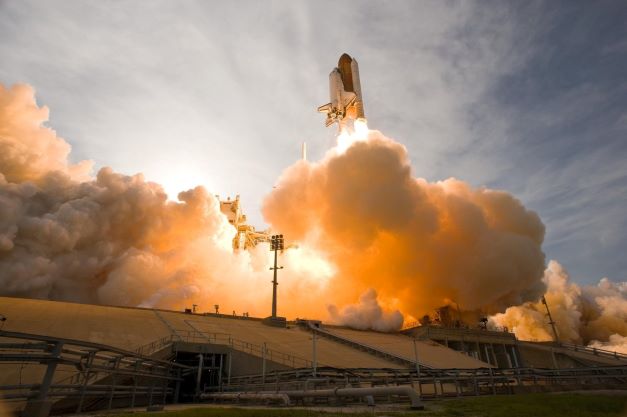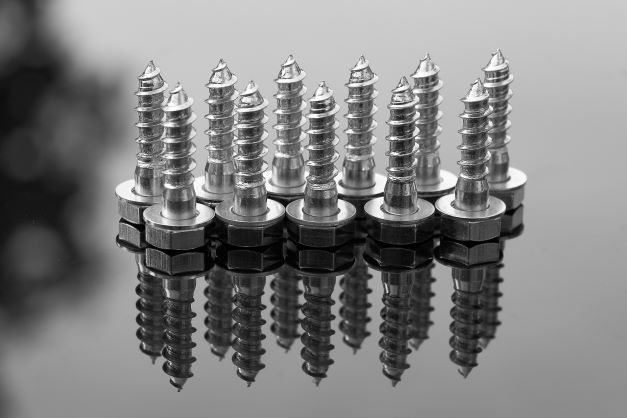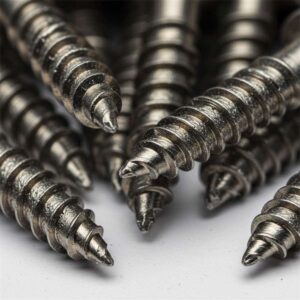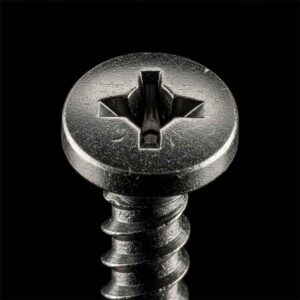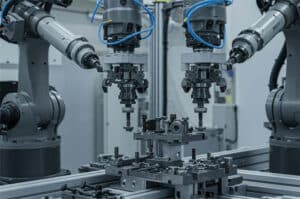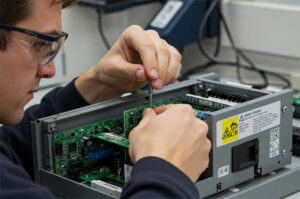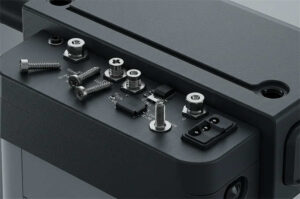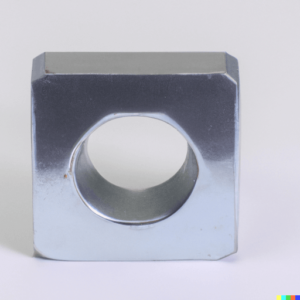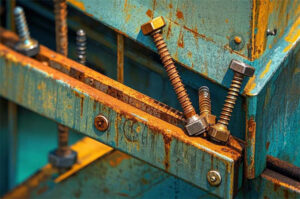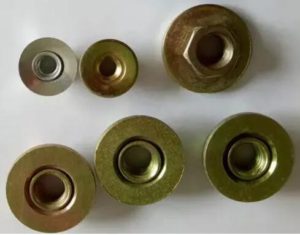Aerospace Fasteners: Types and Materials
Aerospace fasteners are a crucial part of any airline craft because they are responsible for holding the structural integrity while withstanding extreme forces, temperature changes, and other conditions. As tiny connectors in various parts of an aircraft, aerospace fasteners are expected to ensure safety, performance, and reliability. Therefore, these devices play a critical role from structural elements to interior fixtures with paramount importance for the recognition of details on their properties as a guideline for knowing the right type and material.
Types of Aerospace Fasteners
- Rivets: This fastener is a known type of permanent fastener which have been a staple tool in the aerospace industry. Rivets consist of a cylindrical body and a head which is inserted into holes and deforms into a state of solid hold and security of parts together. Some of the common variations of rivets used in aerospace are solid, blind, and tubular. Solid rivets offer unmatched shear strength while blind rivets are ideal for hard-to-reach areas.
- Screws: Screws are versatile fasteners with a wide range of variations, however for aerospace applications, some types of screws are utilized in specific uses including machine screws, self-tapping screws, and captive screws. These aerospace fastener screws are designed to sustain the application purpose which is mainly to secure and hold parts together.
- Bolts: Most applications with a requirement of strength or heavy-duty capability to withstand high loads and stress need aerospace bolts. Aerospace bolts are often used in areas of engine mounts and landing gear connections. Some of the common aerospace bolts use different head styles like hex, socket, and countersunk heads varying on the specification of their application requirement.
- Nuts: Bolts are associated with nuts to create a secure joint and ultimate tightening. Aerospace nuts are designed to withstand constant vibrations and extreme conditions in aerospace applications. Some examples of aerospace nuts are self-locking nuts, prevailing torque nuts, and castle nuts.
Materials Used in Aerospace Fasteners
- Titanium: This material is often used in critical applications where weight reduction and durability are needed. Since titanium has an exceptional strength-to-weight ratio it is a perfect material for aerospace fasteners as it also has good corrosion resistance and high temperature tolerance.
- Stainless Steel: Aerospace fasteners with stainless steel material are valued for their high corrosion resistance and strength. It is usually used in areas where titanium cannot prosper such as interior fittings and non-critical structural components.
- Inconel: A material known for applications that require exceptional resistance to high temperatures and extreme environments. Inconel is a superalloy that thrives in enduring intense heat and stress like jet engines and exhaust systems.
- Aluminum Alloy: Aerospace fasteners require lightweight characteristics which is what aluminum alloys are, they also have good corrosion resistance. This type of material can be used in non-critical structures such as interior panels and weight savings are important.
- Composite Fasteners: This material is slowly gaining popularity in aerospace fasteners, they are made from high-strength composite materials with a combination of lightweight properties suitable for non-structural applications.
Need custom fasteners for your next project? Source from a direct manufacturer of high-quality fasteners – Prince Fastener Manufacturing Co., Ltd. Contact us now for excellent fastening tips and tricks!
